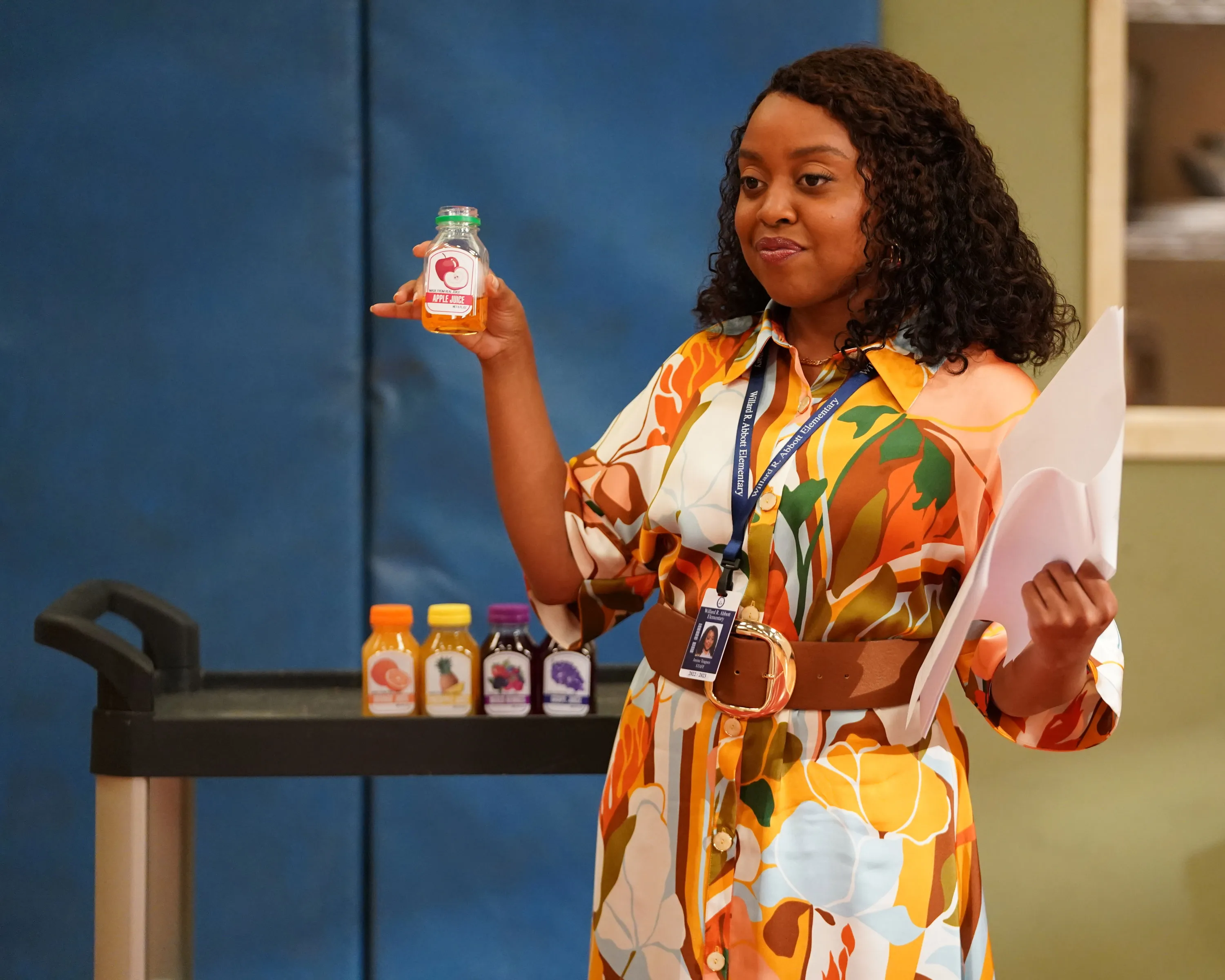Emmy Growing Pains and the Trap of the Dramedy
- Olivia

- Jul 19, 2023
- 3 min read
After last week’s Emmy nominations drop, I began a ferocious game of catch-up. I’ve done pretty well with the Drama noms, but, for such a goofy gal, I always find myself behind on the Comedies. This was the incentive I needed to sit my ass down and finally get back on the Barry train (I know, I know… late to the party!)

By the second episode, I was already floored by Bill Hader’s harrowing performance in prison (sorry, spoiler! but if you’re late to the party, I have no mercy), which in some ways reminded me — thematically, at least — of Bob Odenkirk’s performance in the final season of Better Call Saul. I immediately started comparing the performances before I realized that they aren’t even competing against each other: Barry is nominated in the Comedy category and Better Call Saul is nominated as a Drama. But, even though Odenkirk and Hader are nominated in opposite categories, Odenkirk also delivers a strong comic performance, and Hader really turns up the intensity for the last season of Barry.
Now, that’s not to say that Best Actor in a Comedy is mutually inclusive to Best Comedic Performance. As we all know, the best stories have a healthy dose of comedy and drama, but, in the era of the Dramedy, how do you separate one from the other?
Dramedy of Errors
Taking a look at this year’s top series from Succession to White Lotus to Barry (hello HBO!) to The Bear, it’s obvious that audiences are absolutely ravenous for a delicious cocktail of satire and trauma bonding. So, why are the first two classified as dramas and the latter two comedies? Just because a show makes you laugh, doesn’t necessarily make it a comedy, right? Or does it need a dark confessional monologue from the antihero to make it a drama? Surely not. Traditionally, it’s been more simple than that: a half-hour show is a comedy and an hour-long show is a drama.
Well… apparently not anymore. In 2021, the Television Academy announced a change in the rules of categorization for the Emmys: “Episode length will no longer dictate submission categories.” Instead, “Comedy and drama series are defined as programs with multiple episodes (minimum of six) in which the content is primarily comedic for comedy series entries or primarily dramatic for dramatic series entries,” as defined by the series’ producers. Which seems like a step in the right direction, but two years later and the categories are still rigid and governed largely by the old-fashioned parameters of linear TV.
How can you compare The Bear — a gritty show about a chef grieving his brother’s suicide - to Abott Elementary — a goofy mockumentary-style sitcom about elementary school teachers? A co-viewing broadcast comedy to a show where every other line is “fuck you, chef.”? You just can’t.
The rise of television streaming has made dramedies feasible and widely popular. That which won’t fly on cable will kill on Netflix. Streamers have come up with a million metrics by which to classify these shows: “Dark Comedies”, “Offbeat TV Dramedies”, “Because You Watched Orange Is The New Black” (P.S. check out this New Yorker article on OITNB, writer compensation and the early days of TV streaming)
But Olivia, who cares about award show categories anyway?
Heard, chef. Award shows are trivial as hell. But, to me at least, the way we categorize TV is representative of how we view comedy vs drama on a larger scale. That is to say that, drama always wins (that must be why I was so behind on the comedy nominations…)
Audiences are always shocked when a comedic actor pulls a dramatic performance out of their ass. Every time Paul Thomas Anderson releases a new movie with John C. Reilly, it’s like everybody forgot how good Step Brothers is. Or every Adam Sandler movie ever. The guy’s BEEN a good actor.

So when genuinely great comedic performances from funny-forward comedies are up against dramatic performances in dramedies, it feels like the dramatic performers have a shoe-in. This overshadows our comedic actors and does a disservice to the genre at large.
It’s the same reason why everyone suddenly seemed to appreciate Kieran Culkin more when his performance got heavier in the last season of Succession. Counterintuitively, we just don’t take comedy seriously. But maybe that’s a blog post for another day…
How do you think the Emmys would play out with a “dramedy” category? Be real with me.








Comments